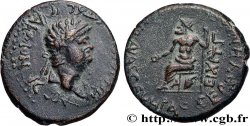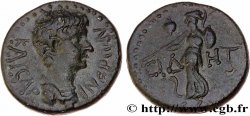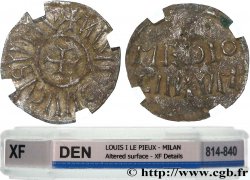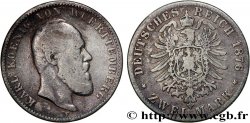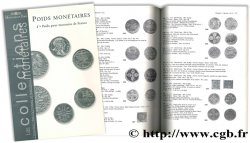bpv_639492 - NERO Didrachme
150.00 €(Approx. 174.00$ | 127.50£)
Quantity
Add to your cart

Type : Didrachme
Date: 52
Mint name / Town : Antioche, Syrie, Séleucie et Piérie
Metal : silver
Diameter : 18,5 mm
Orientation dies : 12 h.
Weight : 5,96 g.
Rarity : R1
Coments on the condition:
Exemplaire sur un flan centré à l’usure très importante au droit. Revers bien venu à la frappe. Patine de collection ancienne
Catalogue references :
Obverse
Obverse description : Buste drapé, tête nue de Néron enfant à droite (A°01).
Obverse legend : NERwNOS KAISAROS GERMANIKOU
Obverse translation : (Néron césar germanique).
Reverse
Reverse description : Lituus et simpulum dans le champ.
Reverse legend : DIDRACMON
Reverse translation : (Didrachme).
Commentary
Dans la base TSP maintenue par Michel Prieur, quarante exemplaires sont maintenant répertoriés, dont un faux d’époque,à première vue six faux modernes et neuf exemplaires en musées ou collections publiques (Berlin, trois exemplaires, Yale, British Museum, Copenhague, Vienne, deux exemplaires, et Cambridge.







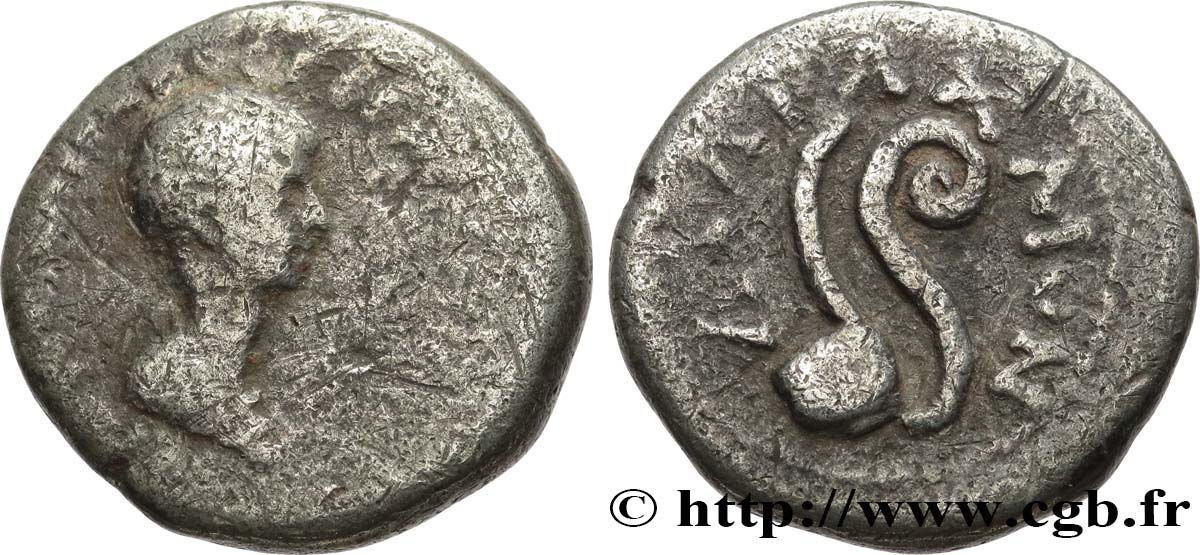
 Report a mistake
Report a mistake Print the page
Print the page Share my selection
Share my selection Ask a question
Ask a question Consign / sell
Consign / sell
 Full data
Full data